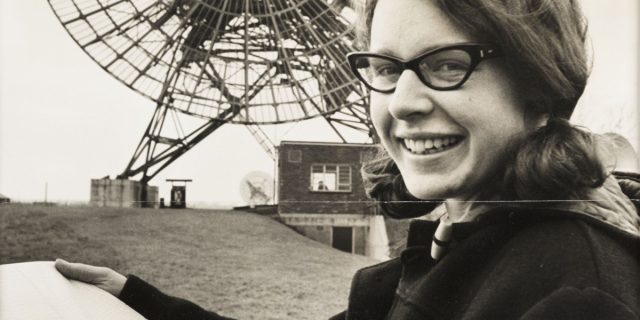My astronomy and my Quakerism have grown up together and are comfortable bedfellows.
When Jocelyn Bell Burnell was a 20-something astrophysics doctoral student at Cambridge University in the 1960's she made an extraordinary discovery. Recognizing radio pulsars became one of the most significant scientific discoveries of the 20th century. The 1974 Nobel Prize for Physics was awarded to her supervisor Antony Hewish and Martin Ryle for this breakthrough and Bell Burnell got...zip. She was included in photographs and asked if she would "unbutton my blouse lower, whilst journalists wanted to know my vital statistics and whether I was taller than princess Margaret".

At the time others in the field of astrophyics protested her exclusion but to no avail, and she downplayed her omission because she was a research assistant. Bell Burnell went on to a distinguished career and last Fall she was awarded the three million dollar (US) Breakthrough prize, all of which she gave away to help women, ethnic minority, and refugee students become physics researchers.
Bell Burnell has also figured out how to be both a scientist and a Christian -- a Quaker, specifically. In 2013, she gave the Backhouse Lecture in Canberra A Quaker Astronomer Reflects: Can a Scientist Also Be Religious? in which she described her own personal theology/cosmology.
She also spoke on the BBC Radio 4 program Beautiful Minds:
Along the way she was assessed as one of the 100 most powerful women in the United Kingdom and awarded a Quaker prize for peace and justice.
On this International Women's Day we can celebrate Jocelyn Bell Burnell as a scientist, a philanthropist, and a Christian.

No comments:
Post a Comment